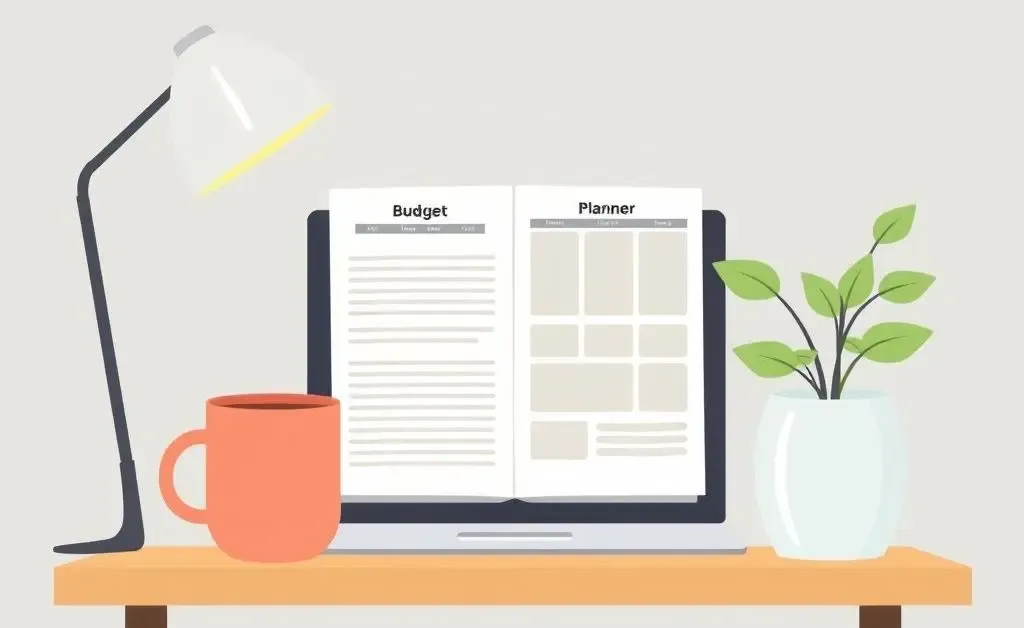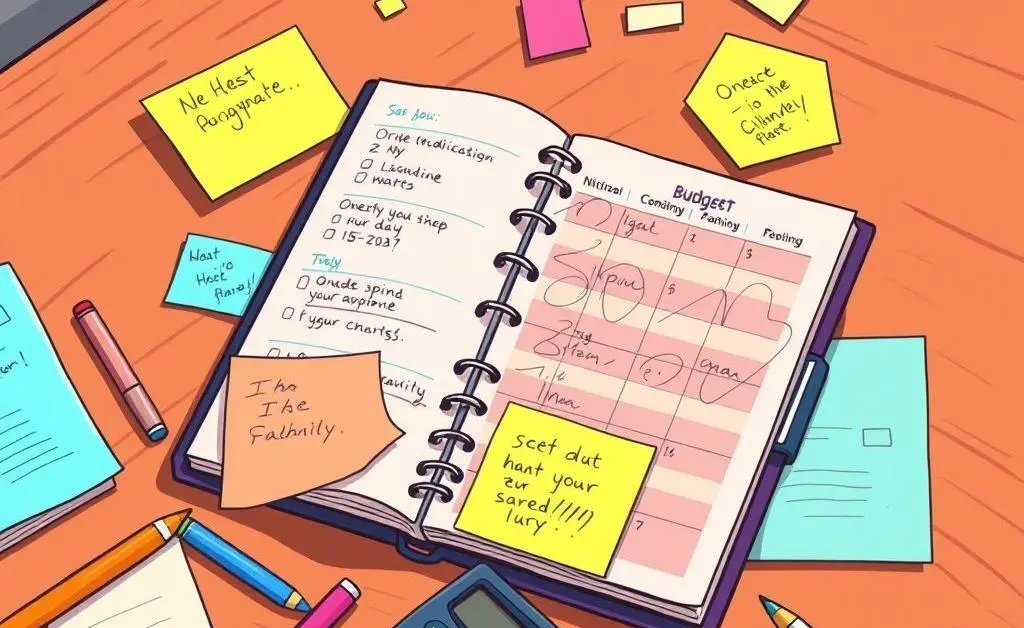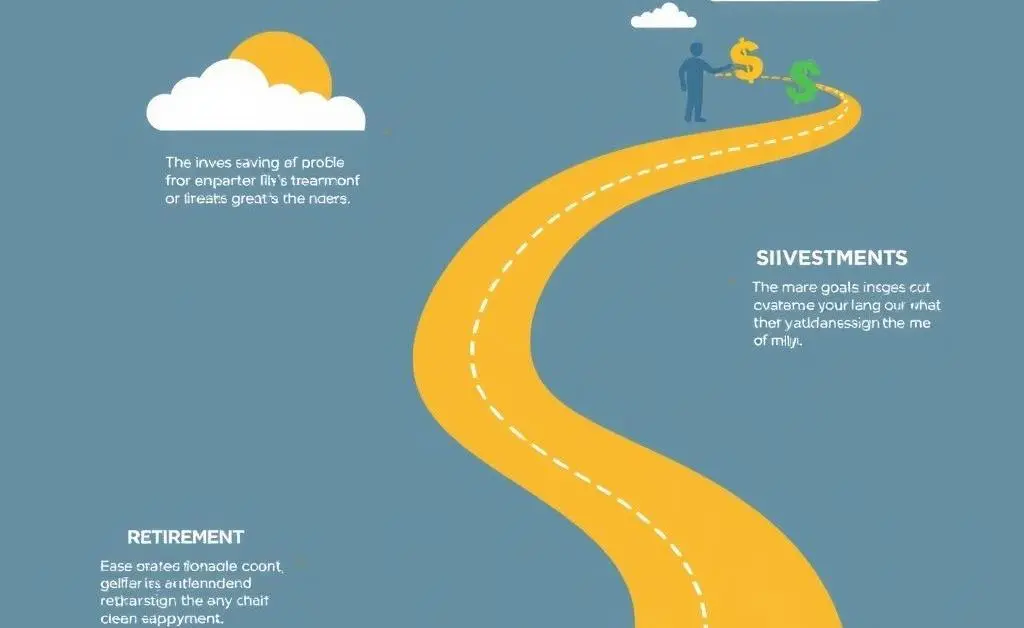How Basic Finance Habits Can Transform Your Life
Discover simple financial habits that can lead to big life changes.

Have you ever paused to consider how small financial habits can lead to big changes in life? Whether you're setting aside a bit of money each day or finally making sense of your expenses, these moments accumulate into something profound.
Building Smart Financial Habits
Let's talk about a common hurdle many face: budgeting. Picture this: It's a typical Monday, and I'm sipping coffee at my favorite corner cafe. My friend Sarah joins me, eyes alight with her latest discovery. "I set up a budget tracker," she beams, "and now I actually know where my money goes each month!"
Sounds familiar, right? It's that moment of clarity when you realize you've been flying blind for years, and now there's a roadmap. But how do you get started?
The Fundamentals of Budgeting
Effective budgeting really boils down to a few key steps:
- Track every expense: Know what you're spending on a daily basis.
- Define your categories: Group expenses into categories, like groceries, transport, entertainment.
- Set realistic limits: Decide how much you should spend in each category.
- Monitor and adjust: Review your budget regularly and make necessary tweaks.

The Magic of Compound Growth
Once you get budgeting down, investing can become one of your most powerful tools. Think of compound interest as a tree: it starts as a sapling but, given time, becomes a forest.
A novice investor could start with something like index funds, which are both beginner-friendly and cost-effective. Slow and steady truly wins the race.

Setting Financial Goals
Without clear goals, financial planning can feel like wandering in the dark. Set milestones that are tangible and achievable - think in terms of short, medium, and long-term objectives.
For example, a short-term goal could be to build an emergency fund, while a long-term goal might be saving for a house down payment.

Staying Motivated and Mindful
It's all too easy to lose motivation somewhere along the journey. Life happens, plans derail, but remember, it's about progress over perfection.
Consider creating a financial habit tracker or joining a community group that focuses on personal finance. Sharing your journey with others can keep you engaged and inspired.
Final Thoughts
Remember, financial stability is a marathon, not a sprint. Each deliberate choice builds towards a more secure future.
What financial habits have you found most transformative in your own life? Let's start a conversation in the comments!




